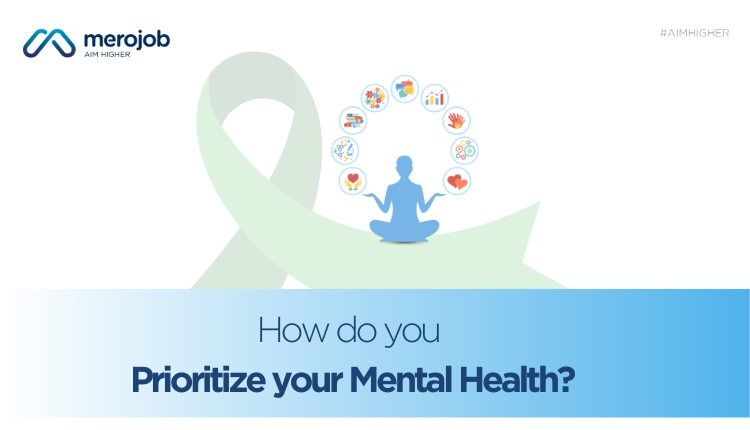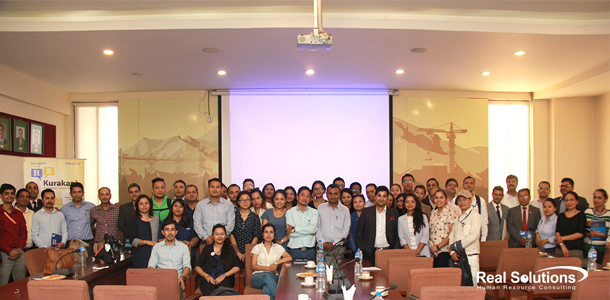In today’s fast-paced and demanding work environments, it’s easy to get caught up in the hustle and bustle of deadlines, meetings, and ever-growing to-do lists. While striving for success is commendable, neglecting our mental health in the process can have serious consequences.
However, prioritizing mental health is essential for maintaining happiness, productivity, and success in the workplace. In this blog, we will explore strategies to prioritize mental health at work.
Understanding the impact
Mental health encompasses our emotional, psychological, and social well-being, and it influences how we think, feel, and act. In the workplace, factors such as stress levels, long hours, and pressure to perform can take a toll on employees’ productivity and job satisfaction. Still, they can also lead to increased absenteeism, turnover, and decreased organizational morale.
Prioritizing mental health at work
- Set boundaries: Establish clear boundaries between work and personal life. Designate specific work hours to avoid bringing work stress to your home. If you’re working remotely, create a designated spot to work from home to help separate work from leisure.
- Take breaks: Avoid working for longer hours that make you feel lethargic. Take small breaks throughout your working day to rest, stretch, or take a walk.
- Manage Workload: Prioritize work based on deadlines and importance. Learn to delegate tasks when necessary, and don’t be afraid to ask for help when needed. Setting realistic goals can prevent feeling overwhelmed and stressed.
- Practice self-care: Invest in self-care practices to nurture your mental health and emotional well-being. Exercise regularly, eat nutritious meals & prioritize quality sleep. Engage yourself in activities that bring joy and relaxation outside of work.
- Seek Support: Reach out to trusted colleagues, friends, or supervisors when facing challenges at work.
- Create a positive work environment: Personalize your workspace with items that bring you joy & inspiration. Surround yourself with positive influences who uplift & support you.
- Set realistic goals: Break larger projects into smaller, manageable tasks and celebrate progress along the way. Avoid perfectionism and embrace the concept of ‘good enough’. Recognize that setbacks & failures are opportunities.
- Mindfulness & relaxation techniques: Incorporate mindfulness techniques such as deep breathing, meditation, and yoga into your routine. This helps in reducing stress, increasing focus, and promoting well-being.
Prioritizing mental health in the workplace is not only for individuals but also for organizations. By investing in the well-being of their employees, organizations can create a positive work environment that fosters productivity, engagement, and innovation. Remember, taking care of your mental well-being is not a luxury- it’s a necessity and a need for long-term success and happiness, so make your mental well-being a top priority.














